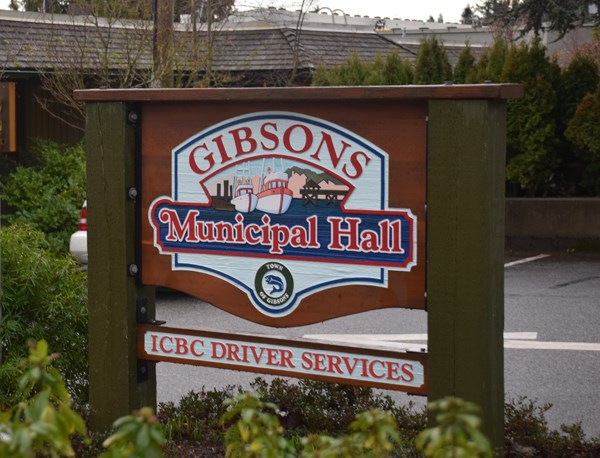“Gibsons is fortunate to have been spared any severe damage during the recent extreme rain events,” Mayor Bill Beamish told Coast Reporter in a written statement issued Nov. 30.
“We believe this is due to many factors, including ongoing preventative work by staff, as well as naturally occurring environmental circumstances and conditions….we have observed many residents taking action to help keep excess water flows from backing up and flooding nearby properties or roads. We sincerely appreciate this neighbourly behaviour and thank everyone who has contributed to keeping the Town’s infrastructure working as it should.”
In the statement, town director of infrastructure services Dave Newman said “staff have emphasized the importance of preventive maintenance… this means that staff regularly engage in planned maintenance actions and operational improvements prior to there being an issue, such as flooding or equipment breakdown.”
Newman said that in the instance of heavy rainfall events, staff are out immediately prior to and during the storms to address drainage concerns before they get out of hand. They inspect catch basins, ditches, and culverts and clear off this infrastructure where necessary. He said those efforts reduce emergency callouts and allow staff time to patrol the municipality during the storms to address weak areas in the Town’s drainage collection system.
Gibsons also manually switches its wastewater treatment plant into “storm mode” in advance of high rainfall events, which further increases the ability of the plant to accept heavier inflow and infiltration storm water flows.
Other efforts being taken by the town include regular inspection of natural waterways within its boundaries by staff and contractors. Stream flows are being monitored with in-stream sensors. In addition to alerting the municipality to potential issues during storms, the sensors provide data needed for planning future culvert replacements or channel improvements.
In the statement, the town encourages property owners to keep ditches and culverts adjacent to their properties clear of debris and not to divert excess water flows over an embankment, as this causes long-term erosion issues. The public is asked not to blow leaves or yard debris into road gutters and not to dump green waste at the top of local ravines or onto steep slopes.



